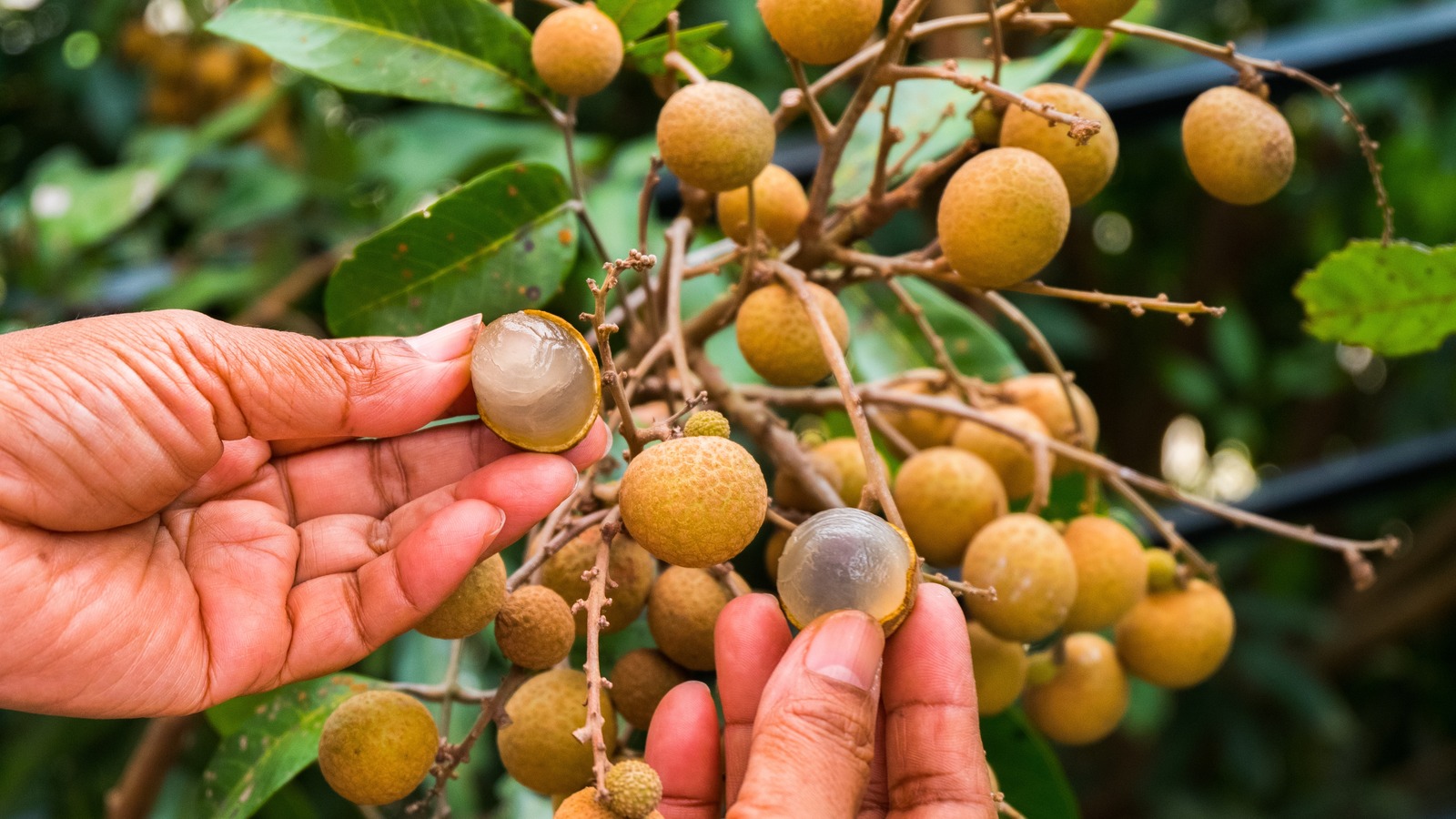The vegan lifestyle has gained remarkable popularity in recent years, with more and more people opting for a plant-based diet. Whether it’s for health, environmental, or ethical reasons, transitioning to a vegan diet is a significant step that requires careful consideration. In this comprehensive guide, we will explore the essentials of a vegan diet, offering a clear understanding of what it entails, its benefits, and how to embark on this transformative journey.
Understanding Veganism
What Is a Vegan Diet?
A vegan diet is a plant-based eating pattern that excludes all animal products. This means no meat, dairy, eggs, or any other animal-derived ingredients. Instead, vegans focus on consuming fruits, vegetables, grains, legumes, nuts, seeds, and plant-based alternatives.
Calcium-Rich Foods: Building Strong Bones for a Healthier You
Key Elements of a Vegan Diet
- Fruits and Vegetables: These form the foundation of a vegan diet, providing essential vitamins, minerals, and antioxidants.
- Grains: Whole grains like quinoa, brown rice, and whole wheat are excellent sources of carbohydrates and fiber.
- Legumes: Beans, lentils, and chickpeas are rich in protein and fiber, making them vital for a balanced vegan diet.
- Nuts and Seeds: These offer healthy fats, protein, and a range of micronutrients.
- Plant-Based Dairy Alternatives: Options like almond milk, soy yogurt, and cashew cheese can replace traditional dairy products.
- Plant-Based Proteins: Tofu, tempeh, and seitan are common sources of vegan protein.
Benefits of a Vegan Diet
1. Improved Health
A vegan diet is associated with lower rates of heart disease, diabetes, and certain types of cancer. It can also aid in weight management and reduce the risk of obesity.
2. Environmental Impact
Veganism is more environmentally friendly as it requires fewer resources and produces fewer greenhouse gas emissions compared to an omnivorous diet.
3. Ethical Considerations
Many vegans are motivated by animal welfare concerns, choosing this diet to avoid contributing to animal suffering.
Getting Started with a Vegan Diet
Gradual Transition
If you’re considering going vegan, it’s often helpful to make the switch gradually. Start by incorporating more plant-based meals into your diet and reducing your consumption of animal products over time. This can make the transition smoother and more sustainable.
Educate Yourself
Take the time to learn about vegan nutrition, including the sources of essential nutrients like protein, iron, calcium, and vitamin B12. A balanced vegan diet can provide all the necessary nutrients, but it requires careful planning.
Seek Support
Connect with the vegan community, both online and in your local area. Vegan forums, social media groups, and local meetups can provide valuable advice, support, and encouragement.
Anxiety and Diet: 5 Nutrients to Reduce the Feeling of Panic and Fear
FAQs (Frequently Asked Questions)
Q1: Where can I find vegan sources of protein?
A1: Vegan protein sources include legumes (beans, lentils, and chickpeas), tofu, tempeh, seitan, quinoa, nuts, and seeds.
Q2: How can I ensure I’m getting enough vitamin B12 on a vegan diet?
A2: Vitamin B12 is primarily found in animal products, so it’s important for vegans to take a B12 supplement or consume fortified foods like plant-based milk and breakfast cereals.
Q3: Will a vegan diet provide enough iron?
A3: Yes, a vegan diet can supply adequate iron. Good plant-based sources of iron include beans, lentils, fortified cereals, spinach, and pumpkin seeds. Consuming vitamin C-rich foods alongside iron-rich foods can enhance iron absorption.
Q4: Can a vegan diet be suitable for athletes and bodybuilders?
A4: Yes, many vegan athletes and bodybuilders thrive on plant-based diets. Proper meal planning is essential to meet their increased protein and calorie needs.
Q5: Are there vegan alternatives to dairy products?
A5: Yes, there are various plant-based alternatives to dairy, including almond milk, soy yogurt, cashew cheese, and coconut ice cream.
Conclusion
Embracing a vegan diet is a significant decision that can bring numerous benefits to your health, the environment, and animal welfare. However, it requires a well-informed approach to ensure you meet your nutritional needs. Whether you’re considering a gradual transition or diving in headfirst, educating yourself about vegan nutrition, seeking support, and exploring delicious plant-based recipes can help you thrive on this compassionate and sustainable journey.












